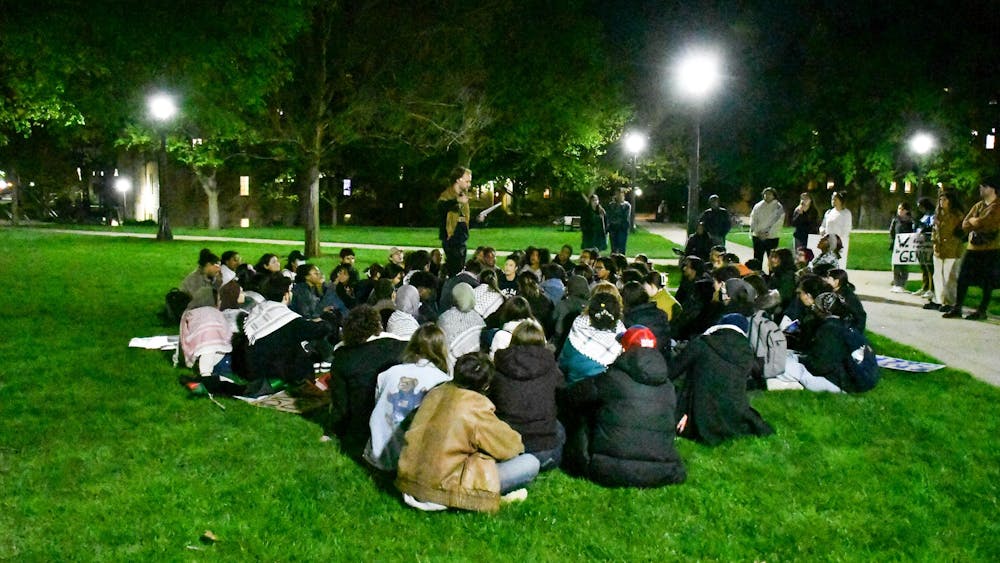The wave of populism continues to flood Europe with the Italian referendum held this past weekend.
Italians voters were faced with the opportunity to vote yes to a constitutional reform that would alter the division of powers within their legislature and increase control by Italy’s central government. Italy’s Prime Minister Matteo Renzi vocally supported the measure, which would have strengthened his position as Prime Minister. With 70 percent voter turnout, Italians voted 60 percent “no” and 40 percent “yes” to the referendum. Renzi confirmed on Dec. 4 that he will resign as PM as a result of this crushing defeat. He stated after the vote on Sunday, “when you lose you cannot pretend that nothing has happened and go to bed and sleep. My government ends here today.”
This vote sparks yet another European nation moving towards populist values.
The term populism is frequently used to describe and even justify seemingly unrelated events such as Brexit, the election of Donald Trump and the Italian Prime Minister’s downfall. Populism has now come to define a political movement consisting of large segments of a population, often the lower and middle classes, challenging the rule of dominating elites, often the existing ruling class. Populism is not confined to any social or economic class nor is it necessarily associated with a conservative or liberal agenda. It is frequently defined as being anti-establishment and anti-corruption. In the context of President-elect Trump, populism manifested in the mobilization of those whose voices were not being heard to unseat the ruling class of old guard politicians, arguably personified by Hillary Clinton.
Analysts believe this vote is a huge victory for “eurosceptic and nationalist parties.” Populist parties in Italy, such as the anti-establishment Northern League and Five Star, see this as a boost for their efforts. Following the referendum, Northern League leader Matteo Salvini wrote: “Viva Trump, viva Putin, viva la Le Pen e viva la Lega!” The Five Star movement, if it succeeds in electing the new prime minister, has vowed to conduct a referendum on Italy’s continued membership in the EU, arguing that membership has crushed opportunities for the working middle class.
What does this mean for the European Union? We aren’t quite sure. This is yet another instance in which establishment and strong central governments are being harshly rejected. Will we continue to see a rejection of the status quo and the continuation of a populist wave in the West? Only time will tell. As one possible indicator, in preparation for upcoming elections in March, the anti-EU political parties in the Netherlands have been gaining momentum and are now polling as the largest or second-largest party across the nation, making possible an Italian-like outcome. Though analysts say this is highly unlikely in the Netherlands, did anyone expect Donald Trump to be elected?
Austria may be a bright spot and a sign of hope for the Eurozone. The Trump equivalent candidate, Norbert Hofer, lost his presidential bid, signaling a win for the EU. However, Hofer did win 46 percent of the vote using closed border rhetoric similar to our president-elect.
We may now safely assume that voters in Western democracies are prepared to send packing members of government who are seen as elitist, entitled, arrogant and possibly corrupt and replace them with anti-establishment candidates. What exactly is next for Europe is hard to predict, though a rejection of the entrenched government in Italy clearly cuts a path for reform movements in both the Netherlands and France in the spring of next year.
Italian banks have been struggling since the global recession in 2008, and they did not respond well to the outcome of this referendum vote. Though the Euro fell then immediately restabilized, shares in Italian banks have fallen drastically even in an environment where European stocks generally are rising. Sadly, this event will not help one of Europe’s worst performing economies.
What we don’t need in today’s interlocked economy is European instability, political, economic or otherwise. The EU continues to deal with unresolved issues following the debt crisis in Greece. The West does not need Italian banks being punished for political uncertainty, as they have been the last several days. The EU and the United States do not need an existing Italian debt problem to escalate into a Greece-like crisis. The practical lesson to be learned from the 2016 rise of populism in the West is that Europe and the global economy must be prepared for the continued rejection of the political status quo.













